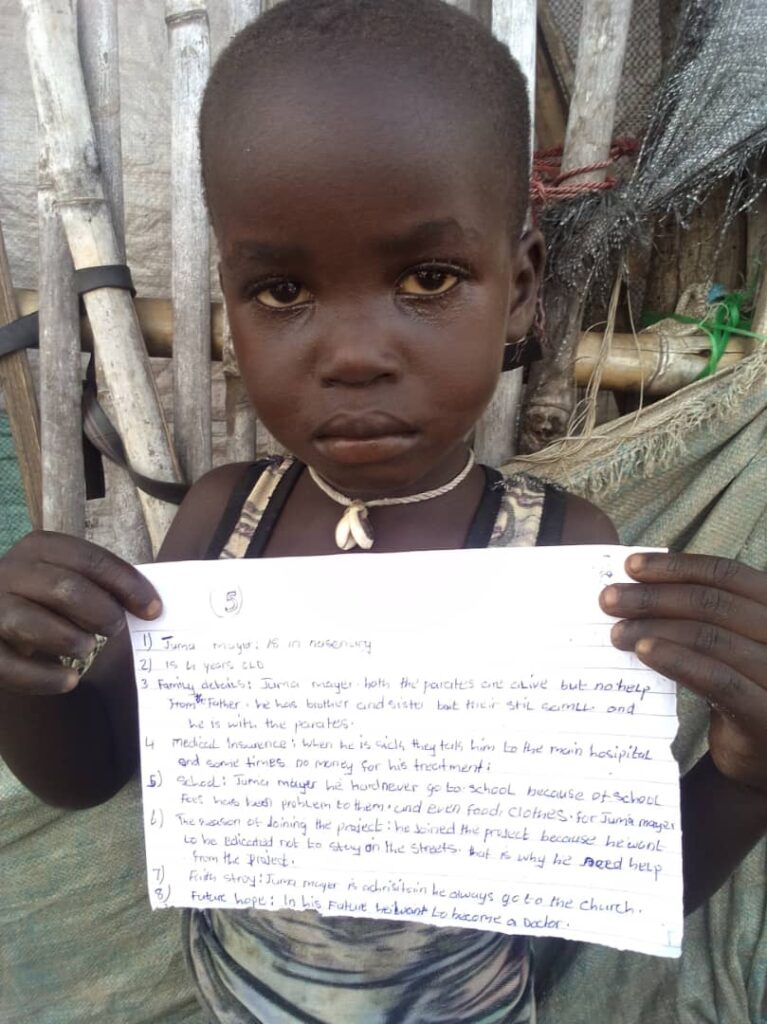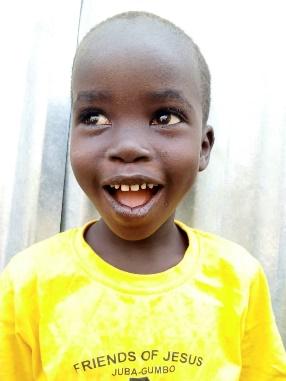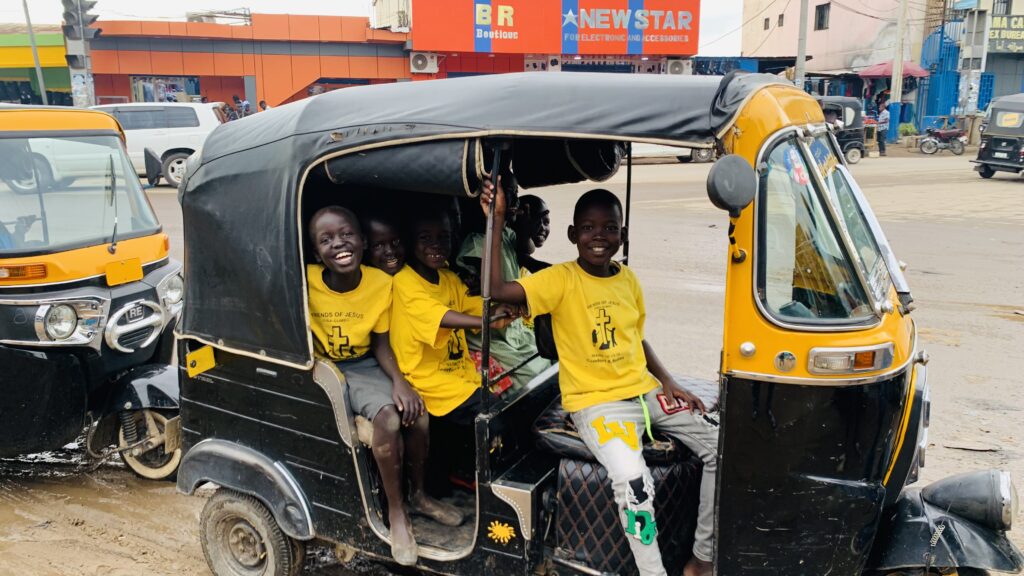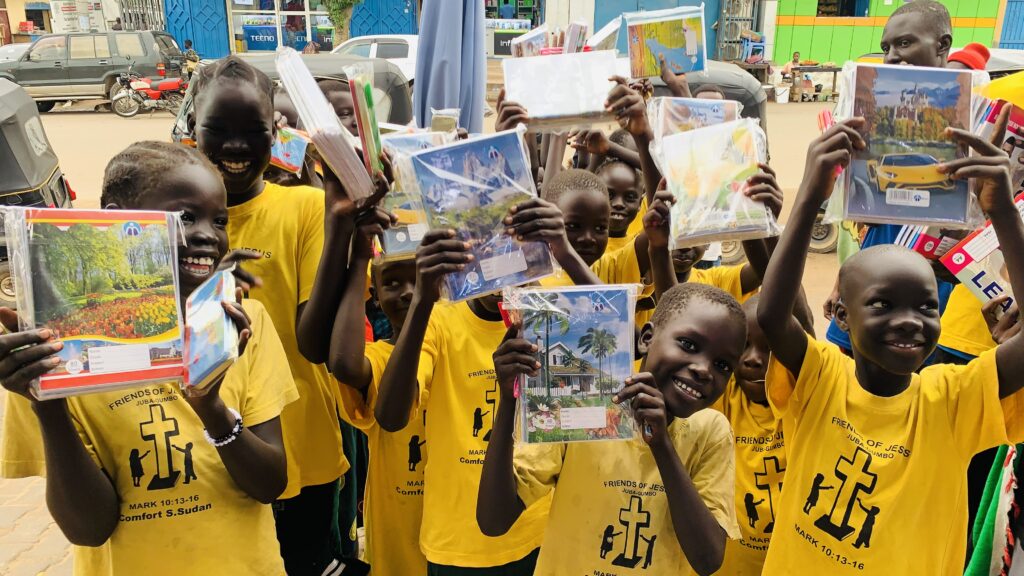South Sudan is truly one of the poorest countries in the world. It is the most northern African country that Comfort International supports, bordering Uganda and DRC to the south, Central African Republic to the west, Sudan to the north and Ethiopia to the east. It has faced decades of intense conflict and suffers from poor infrastructure and sanitation. The World Bank estimates that over 80% of the population of South Sudan lives in extreme poverty, on less that $1.90 per day. These figures may seem overwhelming, but beneath the numbers are individuals whose lives are of infinite value and importance. Comfort International are working with partners Comfort Rwanda, seeking to reach those individuals and help provide a step towards a hope and a future. One such individual whose young life is being transformed is Juma.
Juma was only 4 years old when he was introduced to the Comfort International Child Support Project, situated in Juba, the capital city of South Sudan. Although both of his parents are still alive, his father had abandoned the family leaving his mother to look after Juma, along with his brother and sister. There was no money for food or clothes, let alone to pay for school fees which are prohibitively expensive in South Sudan. Whenever he would fall sick and need to go to the hospital, there was no money for medical fees. His dream as a 4-year-old was to become a doctor, but with no access to healthcare, education, food or clothing, this was far from possible. There was a real risk that Juma would end up living on the street at a very young age. Thankfully, he and his family were able to access support through Comfort International and, despite the ongoing difficulties of daily life in South Sudan, they are now living a different story.


Now 6 years old, Juma’s life is looking very different. He still lives with his mother, brother and sister, just a 5 minute walk away from the project in Juba. He says his favourite things to do are skipping with a rope and sweeping up the floor at home! In a letter to sponsors Helen and Al, he wants to know if they too like to do these things – and especially if Al likes to eat beans just like he does. He also describes how he receives clothes and food through the project. He is soon to be starting school and keeping alive his dream of one day becoming a doctor. Instead of worrying about soon becoming homeless or the possibility of life on the street, Juma can concentrate on enjoying life as a child again.
Juma’s mother, Sarah, also writes of the impact the support has had on her life. She writes, “Thank you from the depths of my heart for supporting my child. Here in South Sudan, most people, especially females, go through life in great need, forcing ourselves to love people for survival, not feelings. The consequences are that these men abandon us and we suffer hunger, poor health and other poverty outcomes. For me, having my child sponsored means a lot because he will know how to read and write as he grows and though I was abandoned by her father (he is a soldier), the project is there for my child.”


